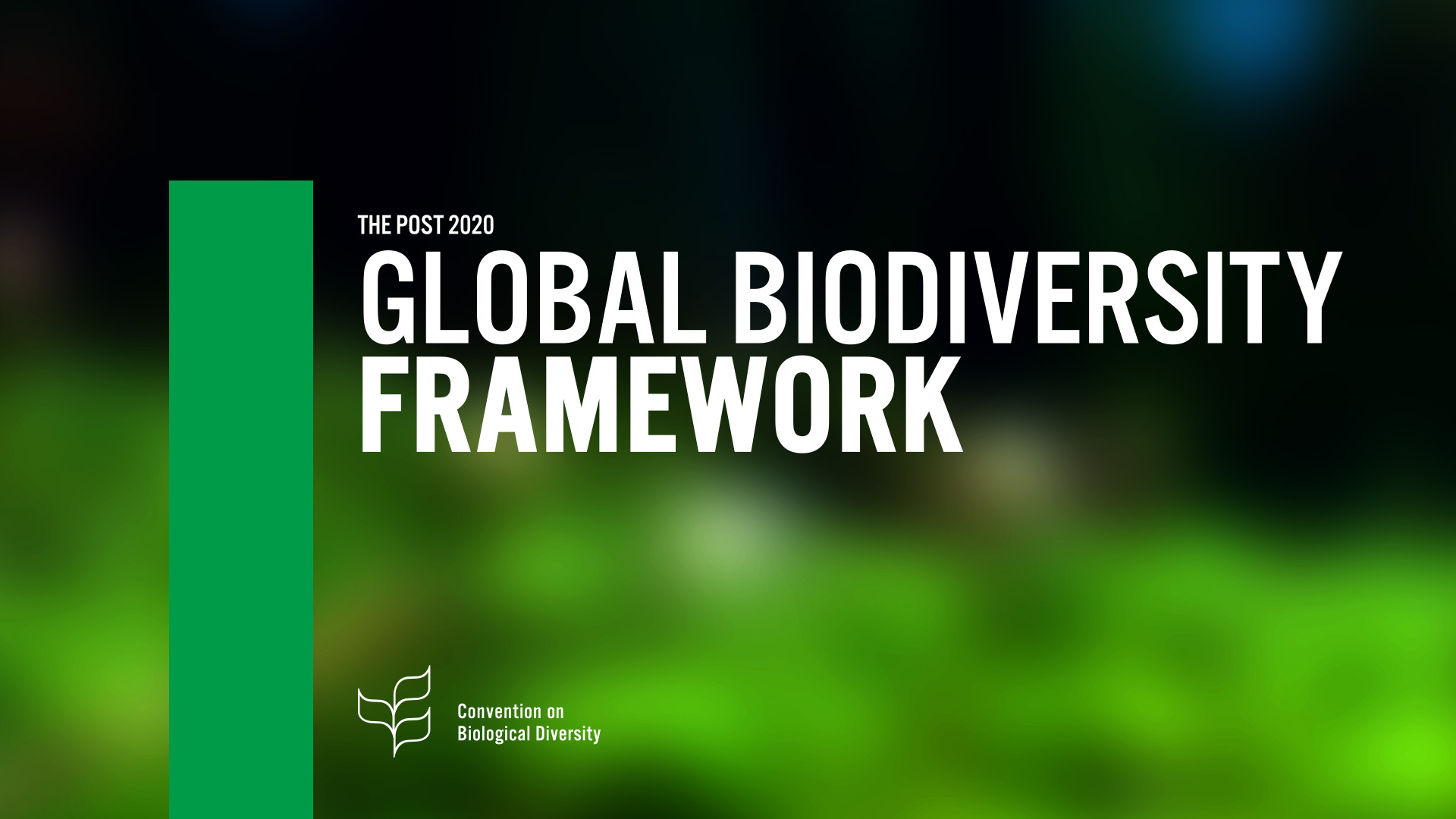The Convention on Biological Diversity (CBD) will resume negotiations from March 14 to 29 in Geneva, Switzerland. The Post-2020 Global Biodiversity Framework (GBF), a guiding document that sets forward an ambitious plan to halt and reverse global biodiversity loss by 2050, will be the main focus of the agenda. However, three CBD bodies are convening on this occasion: the Subsidiary Body on Scientific, Technical And Technological Advice (SBSTTA-24), the Subsidiary Body on Implementation (SBI-3) and the Open-Ended Working Group on the Post-2020 Global Biodiversity Framework (WG2020-3).

Negotiations of SBSTTA-24, SBI-3 and the WG2020-3 took place virtually last year, but several Parties requested an in-person meeting in order to finalize discussions. The agenda of the resumed sessions will include a number of topics that are relevant to gene drive research, as part of the GBF’s goals, targets, and indicators.
The new Framework recognizes the need to take urgent global action for biodiversity conservation. However, it overall underestimates the role of scientific research and innovation to address current conservation challenges.
Target 6 of the framework, for example, which focuses on invasive alien species, does not recognize that existing tools to control and manage these species are limited by issues of cost, replicability and scalability. Invasive alien species are one of the top 5 drivers of biodiversity loss (IPBES, 2019) and are particularly threatening for native species and ecosystems on islands. To address this challenge, new tools are needed to complement existing interventions and help reverse the current negative trend.

Furthermore, while the Framework mentions the potential adverse impacts of biotechnology on biodiversity and human health, it fails to also acknowledge the benefits and contribution that biotechnology can bring to these fields.
The updated Framework should recognize that more investment should be made in research and innovation to enable countries to implement the measures necessary to achieve the ambitious goals and targets it sets forward.
The Post-2020 Global Biodiversity Framework has the potential to create an enabling environment for science and technology to contribute safely to conservation efforts. If we are to tackle the current conservation crisis effectively, we must keep in mind that science is not just a monitoring tool, but it can also be part of the solution. Let us act for nature and leave no stone unturned in the conservation fight.
Recent posts
